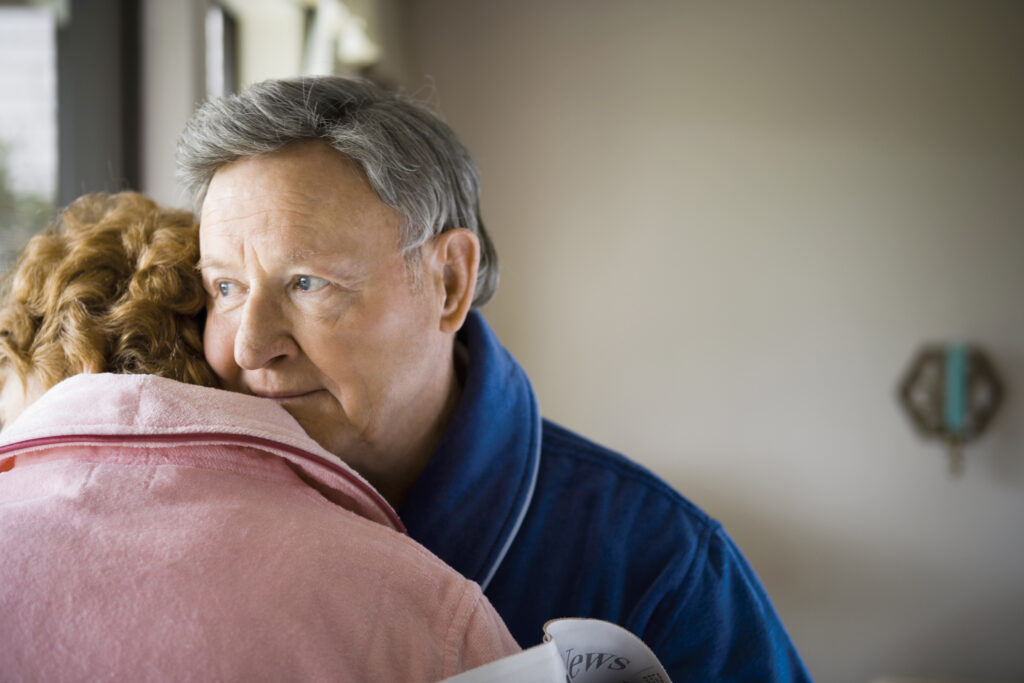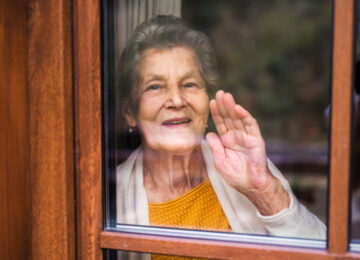Signs of Stress in Older Adults and How to Manage it

As adults get older, age-related challenges like medical conditions, cognitive changes, caretaking demands, financial concerns, and the loss of a loved one can cause stress. Whether the stress is short-term or chronic, your body responds by releasing hormones into the bloodstream that speed up the heart, the breath, and other physical processes.
According to the American Psychological Association, the problem with the ongoing activation of this stress response is that it can weaken the immune system. By recognizing symptoms of stress, older adults can learn how to manage it better and minimize the risk of associated physical and mental health problems.
While every individual experiences it differently, common signs of stress in older adults often include:
- Problems sleeping
- Difficulty concentrating and making decisions
- Feeling pressured or rushed
- Eating too much or not enough
- Irritability and moodiness
- Physical discomforts, such as stomach problems, headaches, or chest pains
Luckily, there are things you can do to help manage your stress.
- Take care of yourself. Get plenty of sleep and maintain a healthy diet. Avoid caffeine and alcohol.
- Get regular exercise. Exercise releases hormones that help you fight off stress and depression.
- Talk about your feelings. Sharing your feelings with friends and loved ones is the best way to get these emotions out in the open, where you can start to deal with them.
- Learn relaxation techniques. Deep breathing, meditation, yoga, music, reading, or participating in activities that you enjoy, such as a walk around your neighborhood.
- Put things in perspective. Accept that there are some things you just can’t control—try to see the positive aspects of change and value humor. Solve whatever problems you can and let go of the rest.
- Get professional help. If you feel you are struggling with stress or depression, talk with your doctor or contact JSSA’s Senior Services to see how we can help. Sometimes counseling or medication is needed to help get back on track. Treatment is nothing to be ashamed of, and it usually does work.
It is important to note that prolonged sadness, giving up activities you once enjoyed, and a general loss of interest in life is not a normal part of getting older. If you are struggling to deal with stress, anxiety, or depression as a senior, don’t hesitate to ask for help.



